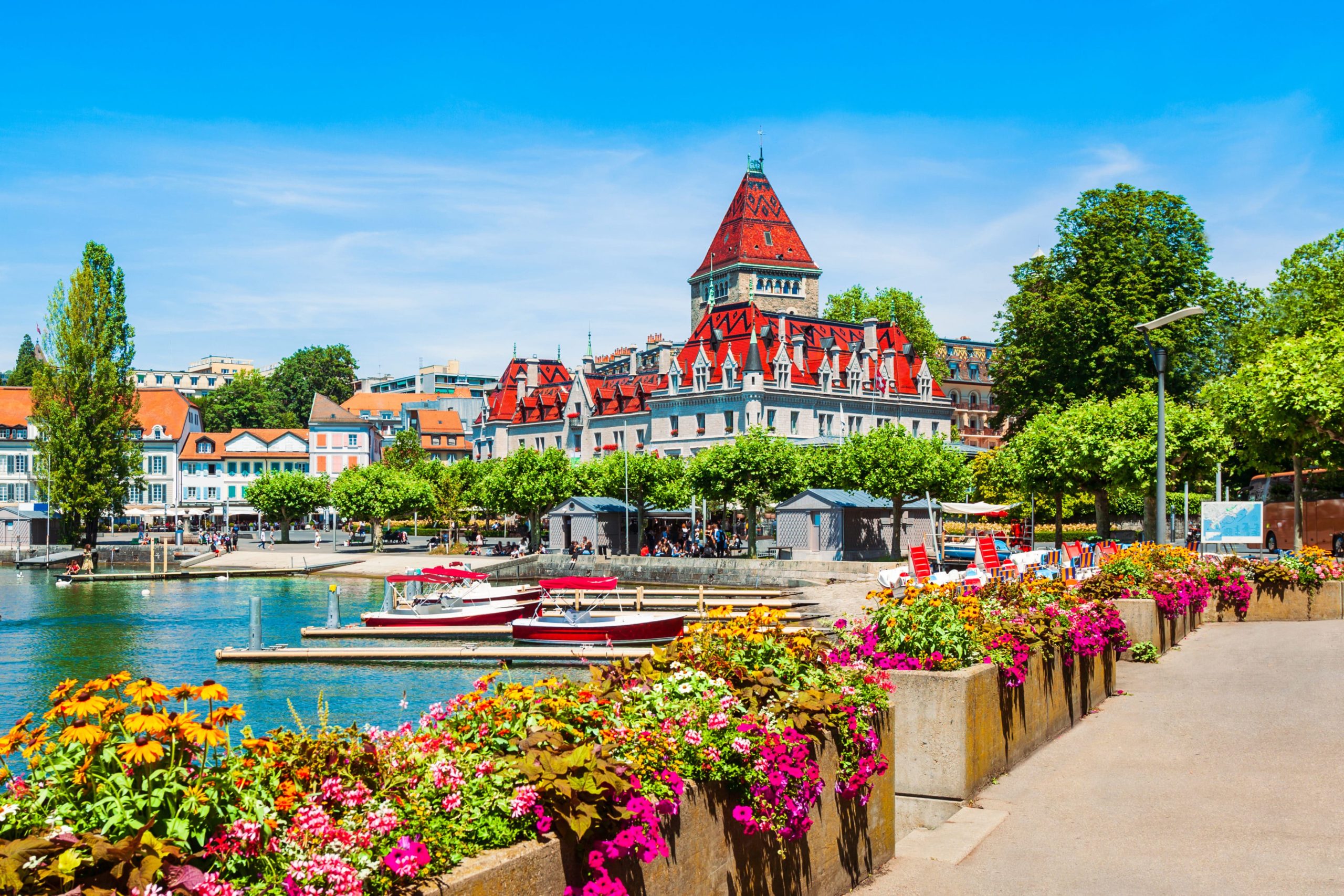
The Swiss city of Lausanne is launching a study of recreational cannabis this fall
Cann-L (or Cannabis Lausanne), the four-year recreational cannabis trial, will be launched at the end of the year, local councilor Emilie Moeschler said, speaking to the press on Tuesday: “In Lausanne, as in other cities, cannabis is very present… It It’s important that cities start such experimental studies to address the problem objectively and impartially,” he said. He also emphasized that the city “expressed interest in a pilot with federal agencies back in 2018 to change its policy in this area.”
The city is now on track to become the second in the country, after Basel, to proceed with a trial of recreational cannabis. Bern, Geneva and Zurich are also in the process of developing their own projects. The May 15, 2021 amendment to the Federal Narcotics Act allowed these five cities to proceed.
Lausanne: Similar, but different
In Lausanne, approved products are sold in a dedicated store run by the non-profit organization Cann-L. Unlike the German-speaking parts of the country, which have opted to use dispensaries to try, Lausanne’s entry will be more in line with the Spanish idea of a cannabis club.
All hemp sold at the facility must meet two requirements – it must be both locally grown and produced in organic environments.
Police will monitor the facility, identifying the cannabis being sold and distinguishing products sold legally from those on the black market.
Consumption in public is not permitted and customers are of course not allowed to resell to third parties.
The prices have been designed to reflect the black market – flowers will cost between 10 and 13 francs per gram. Participants may not purchase more than 10 grams per month.
Study participants (aka clients) must be residents of Lausanne and already be using cannabis. You can find the right to participate here – however, the project is not yet accepting applicants. The city and Sucht Schweiz (selected for the scientific implementation of the trial) will submit their project to the cantonal ethics committee and the Federal Office of Public Health by the end of May.
The study is expected to cost around $390,000 a year — or about $1.5 million over five years.
The impact of the Swiss trials
As can already be seen from the diversity of cantonal approaches to such studies, both the “pharmacy first” and the “dispensary first” models are being tested in Switzerland in a way that is bound to draw the attention of all other European countries who are currently considering leisure reform. This starts with Germany, right across a common border, which also has a special trade alliance with Switzerland (and Austria) known as the DACH.
The fact that the Swiss already have data by the end of the year will no doubt also inform the discussion, at least in Germany, about how individual states can have a say in how leisure reform will develop in their jurisdictions.

Post a comment: